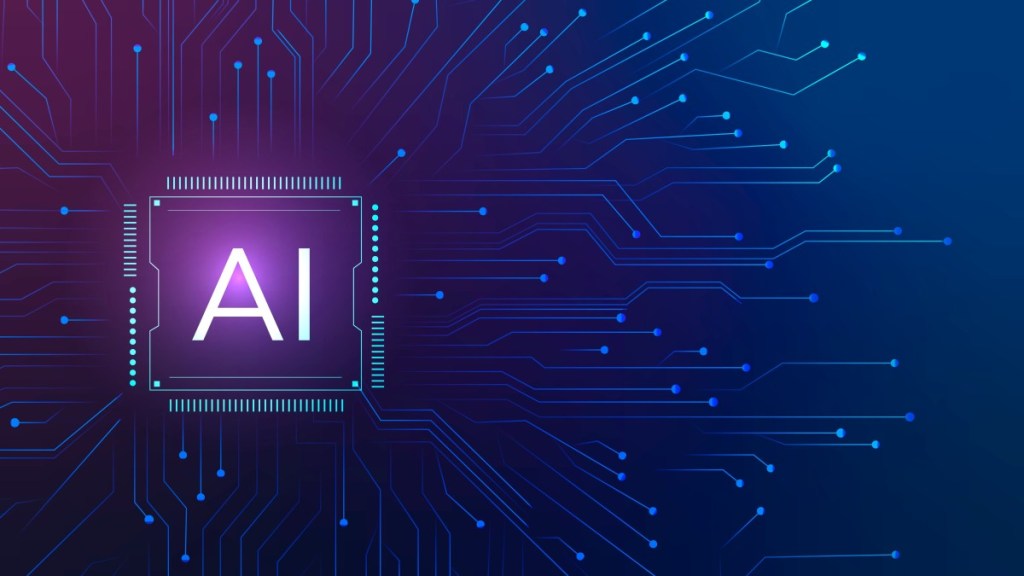Artificial intelligence (AI) is evolving at an astonishing pace, quickly moving from emerging technologies to impacting how businesses run. According to Sindhu Gangadharan, MD, SAP Labs India and chairperson, Nasscom, the major focus in AI development this year will be on agentic AI and custom AI, with agentic AI systems taking the lead, allowing autonomous agents to perform complex tasks with minimal human intervention. In this interview, she speaks to Sudhir Chowdhary on the challenges and opportunities these technologies present to businesses. Edited excerpts:
What’s next on the AI horizon?
AI and generative AI have seen a quantum leap in the last couple of years, marking a new era for enterprise innovation. The adoption of these technologies is seeing unprecedented traction with businesses moving from the proof of concept stage to enterprise-wide implementation to avail tangible benefits in areas such as process automation, hyper-personalisation, real-time decision-making, and enhanced customer engagement. In 2025, the focus will be on the two big trends – agentic AI and custom AI.
The rise of multi-agent AI systems is one of the most exciting developments. Businesses leveraging agentic AI could outpace their competitors significantly in operational efficiency and innovation metrics. On the other hand, the power of custom AI lies in its ability to deeply align with a business’s unique DNA. It empowers organisations to gain a strategic advantage by solving niche problems with precision and scalability while ensuring alignment with business priorities.
How will custom AI solutions benefit various industries?
Custom AI empowers organisations to extract maximum value from their data while ensuring alignment with business goals. At SAP, we are collaborating with leading customers globally to address their unique business challenges through tailored AI solutions. In the manufacturing sector, for example, our AI-driven innovations provide competitive advantages by streamlining procurement processes and enabling GenAI-assisted maintenance for industrial assets.
In the finance sector, we address critical use cases such as automated dispute resolution, asset retirement obligation management, intelligent invoice processing, and AI-powered billing cycle automation. We have also made significant strides in the automotive industry, leveraging GenAI to transform after-sales experiences, fostering innovation and operational excellence. Healthcare is another space where we are partnering with customers to revolutionise vaccine manufacturing through cutting-edge AI tools.
What does agentification signify in the evolution of GenAI?
Generative AI is entering a transformative phase of “agentification,” evolving from task-specific tools to specialised, interconnected AI agents. These systems are transitioning to higher levels of autonomy, capable of logical reasoning and decision-making. At SAP, we are leading the way in multi-agent AI with SAP Joule, empowering organisations to embrace interconnected AI ecosystems that drive transformation. The ability to break down organisational and data silos is what makes Joule stand out.
In 2025, we may witness the emergence of “superagents,” orchestrating interactions between multiple AI systems to enhance collaboration, efficiency, and reliability. This progress promises to revolutionise industries such as healthcare, legal services, and finance, where dynamic decision-making is critical. These multi-agent systems will enable businesses to respond to unpredictable challenges with speed and precision.
How should companies ensure their cybersecurity readiness?
The traditional, single-layer firewall defences that companies once relied on are no longer adequate to counter today’s multifaceted attacks. Companies are not only investing in upskilling their cybersecurity teams but also in advanced technologies that leverage AI and automation to detect and respond to threats in real-time. At SAP Labs India, we have taken a proactive stance against data breaches by implementing advanced security measures such as AI-powered threat detection, encryption protocols, and continuous security assessments.
What is the role of AI in GCCs?
Around 80% of new GCCs prioritise AI/ML capabilities, underscoring the growing importance of these technologies in driving organisational growth. These centres are pioneering innovations in AI, helping global enterprises optimise operations and enhance customer experiences.
Several key trends will shape the future of GCCs in India. The rise of AI-driven automation will optimise operations and enhance efficiency across various functions, with a growing emphasis on sustainability to drive environmentally responsible solutions. By 2025, India will experience a surge in AI applications and significant cost reductions.
QUOTE: around 80% of new GCCs prioritise ai/ml capabilities, underscoring their role in driving growth








